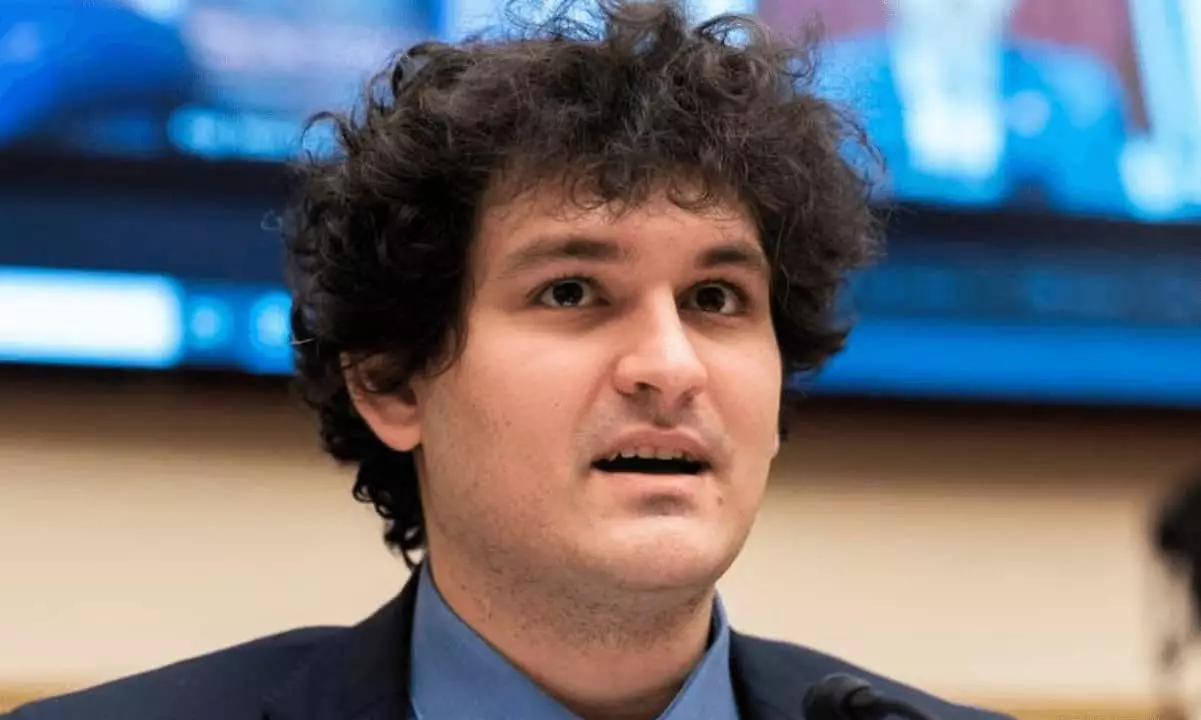Sam Bankman-Fried, once heralded as a visionary in the cryptocurrency world, has plunged into self-inflicted chaos following his incarceration. His latest interview from prison, conducted with Tucker Carlson, has left not just his supporters but also his crisis management team bewildered. On a day meant for self-reflection — his 33rd birthday — Bankman-Fried chose to engage in a public spectacle that has brought fresh scrutiny upon his already tarnished image. The fallout was immediate, leading to the resignation of his public relations representative, Mark Botnick, a seasoned player in the PR landscape, known for managing the public persona of prominent figures like former New York City Mayor Michael Bloomberg. Botnick’s departure signals a breach of trust, originated from Bankman-Fried’s reckless decision to speak publicly without professional guidance.
The audacity of his actions raises questions: Is Bankman-Fried actively seeking a way back into the limelight, despite the credibility of his situation? Or is there a more significant calculation at play — one that may even be tied to the political currents surrounding future pardon possibilities?
Public Image vs. Reality
Throughout his career, Bankman-Fried has shown a remarkable knack for self-presentation. Nevertheless, his latest moves reveal profound delusions. He continues to espouse his innocence, declaring, “I don’t think I was a criminal,” a statement that borders on the absurd given the magnitude of the financial collapse associated with FTX. This apparent detachment from reality raises alarm bells about his understanding of the aftermath of his actions. It’s reminiscent of public figures who refuse to take accountability, drifting further away from acknowledging their transgressions.
Moreover, his comments regarding fellow inmate Sean Combs, are disconcerting. While trying to portray some form of camaraderie in a “soul-crushing” environment, is he genuinely reflecting on human connections, or is this merely another attempt to engender sympathy that his ego craves? His experiences in prison appear to highlight a man clinging to vestiges of relevance in a narrative of victimhood rather than one of accountability.
Political Rebranding? A Calculated Risk
Bankman-Fried has demonstrated a remarkable fluidity in political affiliation, which matches his capricious business ethics. Having once poured millions into the Democratic Party, his recent criticism of President Biden and former SEC Chair Gary Gensler suggests a tactical pivot towards Republican ideologies — particularly as he courts the potential for a future pardon. This opportunistic shift raises fundamental ethical concerns; it reveals a man more interested in self-preservation than in any coherent political philosophy.
The speculation regarding a Trump pardon does not arise from mere rumors. With reports indicating that his parents are actively lobbying for clemency, it begs the question: Is this a desperate man willing to capitulate his principles for freedom? The implications are grave; if Bankman-Fried acquires a pardon, it signals a broader problematic relationship between wealth, influence, and justice in America.
A Warning for Future Entrepreneurs
For the countless emerging entrepreneurs navigating the treacherous waters of the tech and finance sectors, Bankman-Fried serves as a cautionary tale. Greed, nebulous ethics, and political opportunism can lead to dramatic downfalls that not only devastate personal fortunes but also have far-reaching consequences for communities and economies. The allure of financial success does not exempt one from scrutiny. Aspiring leaders must recognize that integrity is not merely an accessory in business; it’s a foundational pillar upon which sustainable success is built.
In examining Bankman-Fried’s trajectory from revered entrepreneur to a figure embroiled in scandal, the lesson is clear: accountability cannot be sidelined. Losses may come in many forms, but the greatest loss is that which clouds one’s own moral compass. As opinions on Bankman-Fried fluctuate amidst the chaos of his decisions, one truth remains clear — the consequences of abandoning ethical commitments resonate far beyond oneself.














